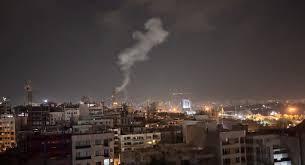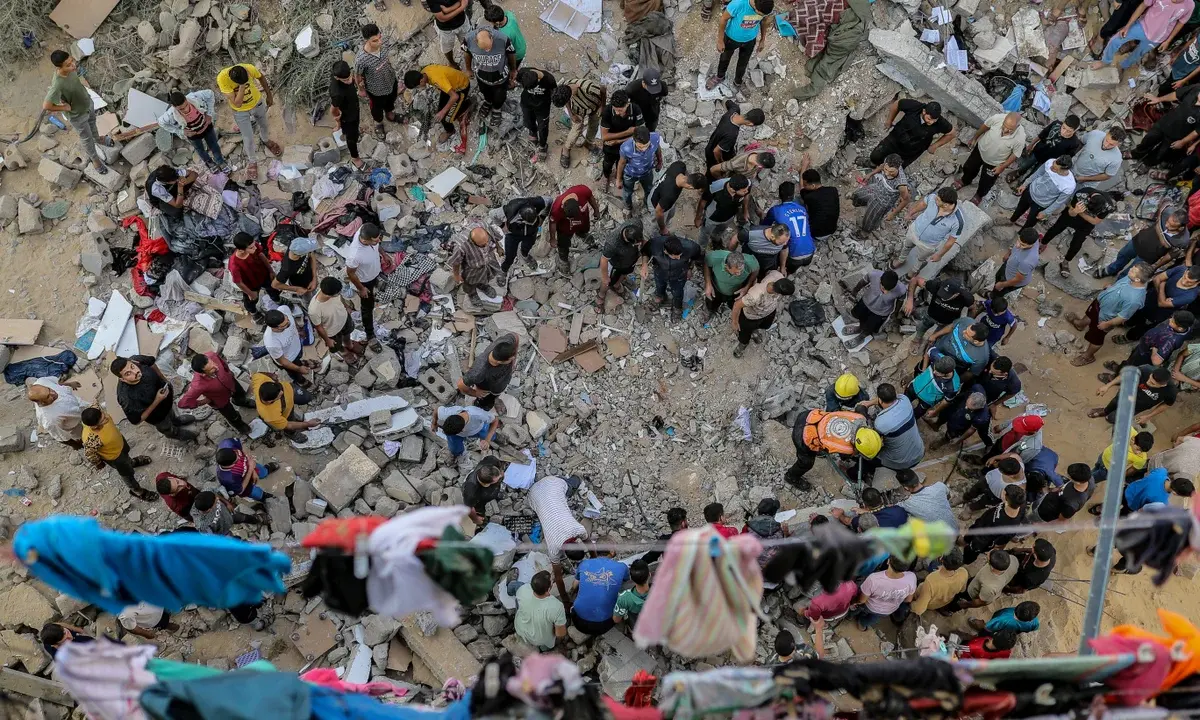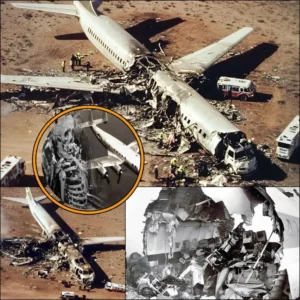In a stunning escalation of the ongoing Israel-Iran conflict, the United States has intervened decisively, asserting total control over Iran’s airspace and immobilizing its air force. The move, which caught global observers off guard, has shifted the dynamics of the Middle East crisis and raised the specter of a full-blown war. On June 18, 2025, President Donald Trump issued a stark ultimatum to Iran: unconditional surrender or face annihilation. The world now watches anxiously as tensions reach a boiling point.

The conflict, already in its sixth day, had seen Iran and Israel trading missile strikes, with Iran’s ballistic missiles targeting Tel Aviv and Israel responding with devastating airstrikes on Tehran’s nuclear and military infrastructure. Iran’s “Israel-striker” missiles, touted as hypersonic by the Islamic Revolutionary Guard Corps, had caused minor injuries in Israel but failed to overwhelm its defenses. Israel’s Operation Rising Lion, launched on June 12, aimed to dismantle Iran’s nuclear and ballistic missile programs, killing top Iranian generals and scientists. Yet, Iran’s resilience posed a challenge—until the U.S. stepped in.
Reports indicate that U.S. forces, leveraging superior air technology, swiftly neutralized Iran’s air defenses. President Trump, in a post on Truth Social, boasted, “We now have complete and total control of the skies over Iran. Their trackers and equipment don’t compare to American-made stuff.” The Pentagon reportedly deployed dozens of refueling aircraft to Europe, capable of supporting B-2 bombers targeting Iran’s fortified nuclear sites, such as the Fordo enrichment facility. This show of force has left Iran’s military reeling, with its air force effectively grounded.

Trump’s intervention followed a phone call with Israeli Prime Minister Benjamin Netanyahu, signaling close coordination between the allies. While the U.S. initially denied involvement in Israel’s unilateral strikes, Trump’s recent rhetoric suggests a shift. “We know exactly where the so-called ‘Supreme Leader’ is hiding,” he wrote, referring to Ayatollah Ali Khamenei, adding that the U.S. would spare him “for now.” His demand for “UNCONDITIONAL SURRENDER!” has sparked fears of an all-out conflict, with Trump warning that any Iranian attack on U.S. forces would trigger a war of unprecedented scale.
The international community is reeling from the development. Iran’s Foreign Minister Abbas Araghchi accused the U.S. of enabling Israel’s aggression, claiming “solid evidence” of American support. Tehran has urged allies like Qatar and Oman to press Trump for a ceasefire, offering flexibility in nuclear talks in return. However, Israel shows no signs of halting its campaign, with Netanyahu vowing to eliminate Iran’s nuclear and missile capabilities. The civilian toll is mounting, with over 224 deaths reported in Iran, mostly civilians, and 24 in Israel.

Domestically, Trump faces a divided base. Conservative hawks, like Senator Ted Cruz, advocate for strikes on Iran’s nuclear sites, while “America First” isolationists, including Representative Marjorie Taylor Greene, urge restraint. “I’m praying for peace,” Greene posted on X, reflecting sentiment among Trump’s supporters wary of foreign entanglements. Senator Tim Kaine introduced a war powers resolution to block unauthorized U.S. action, emphasizing Congress’s sole authority to declare war. Yet, as Commander-in-Chief, Trump retains significant leeway to deploy forces, as demonstrated by his 2017 Syria strikes.
Global leaders are scrambling to respond. French President Emmanuel Macron, rebuked by Trump for suggesting a ceasefire, warned that regime change in Iran would be a “strategic error.” Jordan’s King Abdullah II called Israel’s actions a “threat to people everywhere,” citing the humanitarian crisis in Gaza. Meanwhile, Iran’s internet blackout and flight cancellations signal a nation bracing for further attacks. Residents of Tehran, exhausted and fearful, question how 10 million people could evacuate as Trump urged.
The stakes could not be higher. A U.S.-Iran war would disrupt global oil markets, with Brent crude already surging to $76.37 a barrel. It could also draw in regional powers, risking a broader conflict. Trump’s gamble—backing Israel while threatening Iran—may force Tehran’s hand or pave the way for a diplomatic breakthrough. For now, the world holds its breath, awaiting Iran’s response to an ultimatum that leaves little room for compromise.






